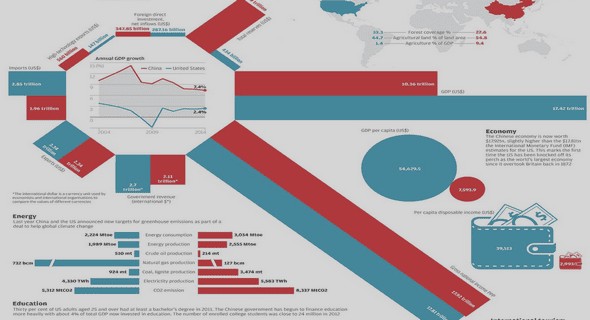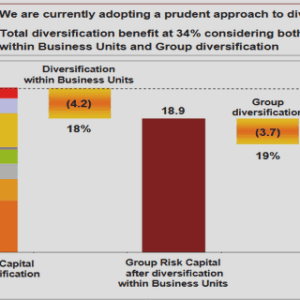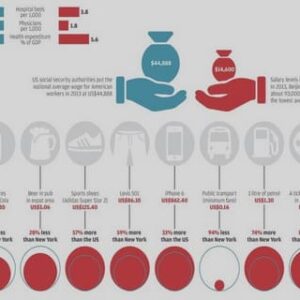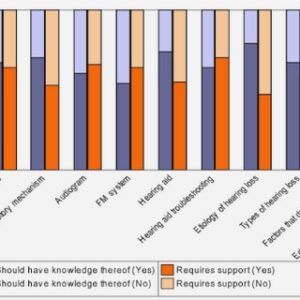(Downloads - 0)
For more info about our services contact : help@bestpfe.com
Table of contents
GENERAL INTRODUCTION
PART A. LITERATURE REVIEW AND RESEARCH HYPOTHESES
Chapter 1. The effects of context on consumer’s judgement
1. Consumer hedonic judgement and behavior
2. Context and contextual variables: definitions
3. Effects of context and contextual variables on consumers’ hedonic judgement
3.1. Contextual variables: environment
3.2. Contextual variables: product
3.3. Contextual variables: consumer
3.4. Contextual variables: task
4. Conclusions
Chapter 2. Looking for ecological validity
1. Introduction
2. The pursuit of ecological validity through contextual methodologies (Article 1)
Chapter 3. Theoretical framework: Prospect theory
1. Prospect theory
2. Framing effects and reference point
3. Loss-aversion
4. Applying prospect theory to sensory and consumer studies
4.1. Expectations: confirmations and disconfirmations as gains and losses
5. Applying prospect theory to explain contexts effects on consumers’ hedonic judgement
Chapter 4. Problematic and Research Hypotheses
PART B. PRELIMINARY STUDIES
Chapter 5. Standardisation of product-related variables in context studies
1. Preliminary study: « Hedonic evaluation of Lebanese Tabbouleh in different contexts »
1.1. Introduction
1.2. Material and methods
1.3. Results
1.4. Discussion
1.5. Conclusion
Chapter 6. The impact of food-related information in natural consumption contexts
1. The experimental cafe: an exploratory study on consumers’ behavior towards food information in a natural consumption context
1.1. Introduction
1.2. Material and methods
1.3. Overview of the results
1.4. Discussion
1.5. Conclusion
Conclusions PART B
PART C. CONSUMER-RELATED VARIABLES
Chapter 7. Consumers’ mindset on consumption contexts
1. Introduction
2. Consumers’ representations about food in different consumption contexts (Article 2)
3. Supplementary data
4. Conclusion
PART D. EVALUATION TASK-RELATED VARIABLES
Chapter 8. The role of the evaluation task on context studies
1. Introduction
2. Hedonic responses sensitivity to variations in the evaluation task and culinary preparation in a natural consumption context (Article 3)
3. Limitations and methodological aspects
4. Conclusion
PART E. PRODUCT-RELATED VARIABLES
Chapter 9. Framing the evaluation context
1. Introduction
2. Eating location as a reference point: differences in hedonic evaluation of dishes according to consumption situation (Article 4)
2.1. Article 4 Limitations
2.2. Article 4 Conclusion
3. Associations between prior expectations towards meal experience and hedonic responses in the restaurant: the role of information (Article 5)
3.1. Article 5 Conclusion
Conclusions PART E
GENERAL DISCUSSION
Introduction
Learnings from the experimental studies
1. Classical approach: contextual variables
1.1. Advantages and Limitations of studying hedonic responses in natural consumption contexts
1.2. The influence of mental representations on consumer experience and hedonic evaluation
2. Prospect theory approach: evaluation task and reference points
2.1. The influence of the evaluation task on consumer hedonic responses
2.2. Framework of reference on consumer hedonic evaluation
New questions raised by our experimental studies: Perspectives
1. Product categories: Standardized products versus products that require preparation
2. Consumers mindset
3. Food value and consumer hedonic evaluation
4. Prospect theory and consumer hedonic evaluation
CONCLUSION
REFERENCES
APPENDIX
LIST OF FIGURES
LIST OF TABLES
RESUME EN FRANÇAIS



